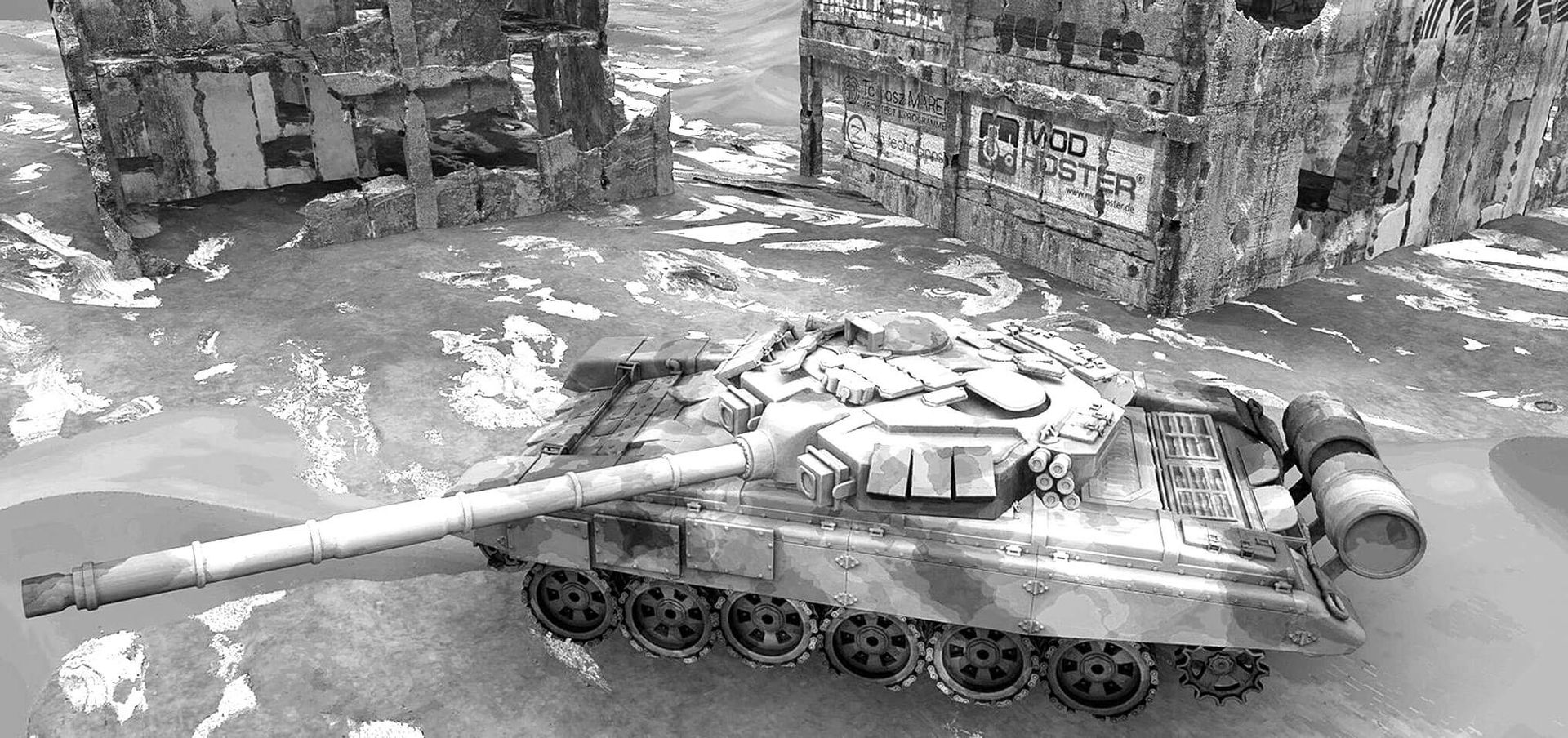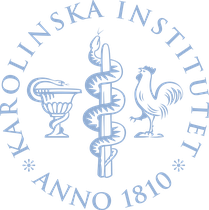
Karolinska Institute; Human Protein Atlas
Researchers at the Neuroscience Department of the Karolinska Institute are busy mapping all the proteins of the human body in the ambitious Human Protein Atlas project. They generate large image stack data from iDISCO+ light-sheet microscopy that they want to view, edit, and share:
Experience a Montage with one click - Make your own right now, for free
PROBLEM
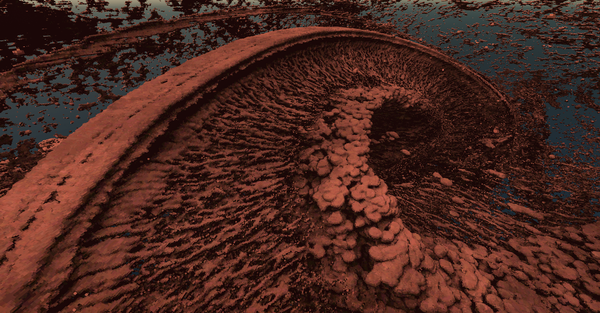
Image stack data that is challenging due to size and complexity
The KI researchers approached us with their problem of spending weeks preparing and scanning tissue samples with their world-class volume imaging techniques, to then be forced to downscale and crop the data in order to visualize, share, and study their results.
SOLUTION
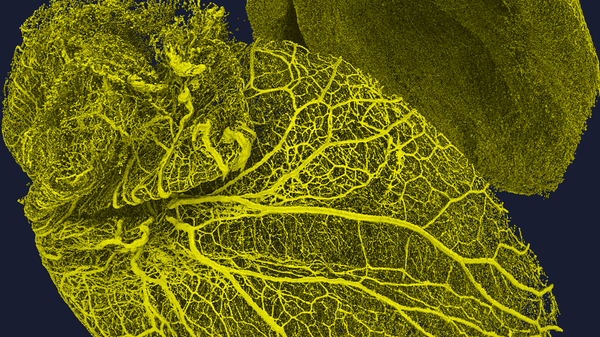
The full biological truth of their scans can now be shared easily
The Atomontage platform now allows the researchers to upload their tens of gigabytes of data to the cloud. Once there, it gets converted into a Montage that can be shared with a simple URL to anyone to view interactively without signing up or installing anything.
Scanning
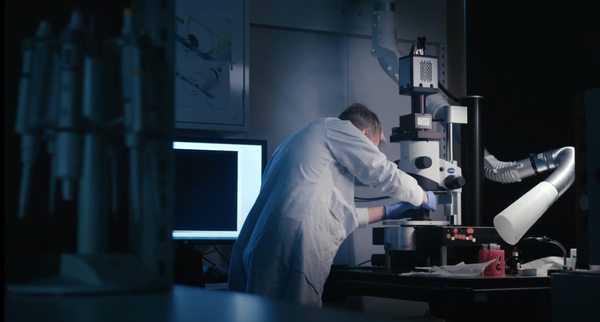
Preparing and scanning samples
First, the KI researchers generate large image stacks with iDISCO+ light-sheet microscopy at sub-micron resolution, a process that takes several weeks of staining and scanning.
Uploading and Processing
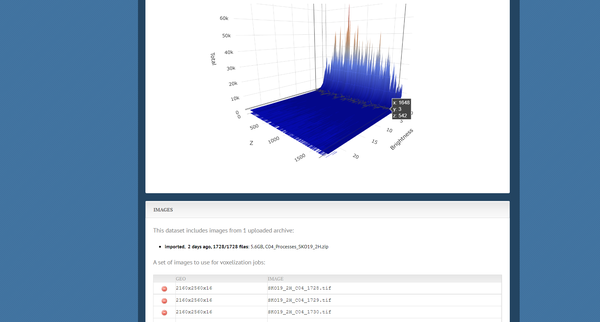
Uploading the data, without compromise
Without needing to turn it into a decimated mesh, or to downsample/crop any of the image stack data, the entire captured sample is uploaded and voxelized in the cloud.
Sharing
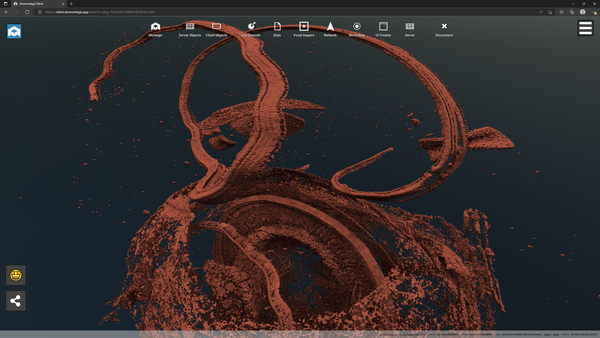
Easily delivering the data, with all its detail
Once filled with multiple datasets, a Montage can instantly be shared by simply sending a link to anyone with a modern web browser, who can then view it all with a single click.
"In the life sciences, it's easy to create large image datasets. However, it's challenging to view, edit, and share them with others without cropping or downsampling heavily - which gets in the way of our work. We have found a solution to this problem in the Atomontage platform."

Jan Mulder, Ph.D
Principal Investigator, Department of Neuroscience, Karolinska Institute
Experience a Montage with one click - Make your own right now, for free




